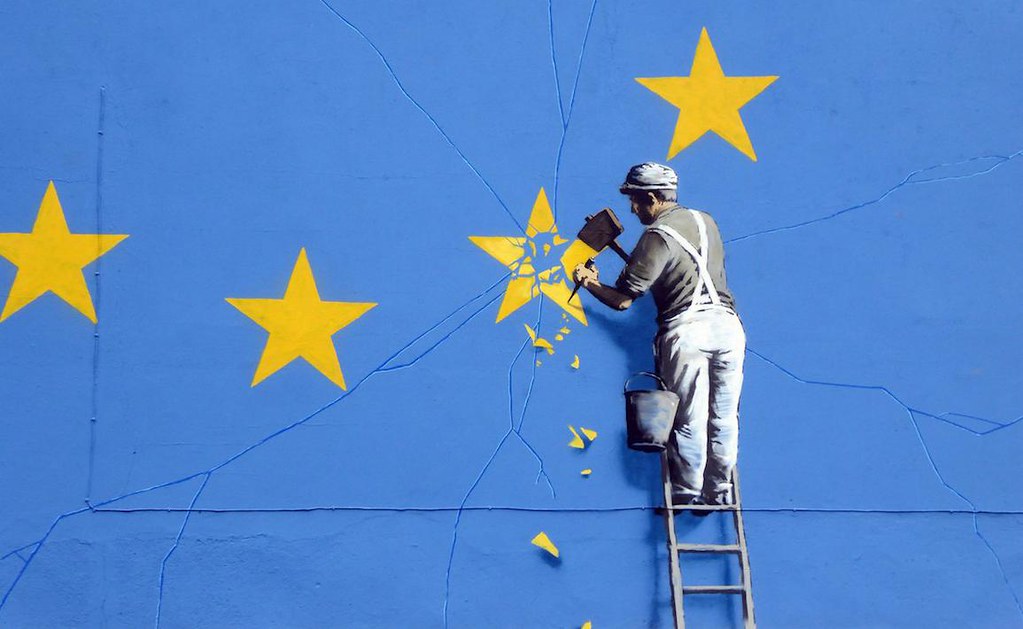The third round of trade negotiations ended on May 15, but the parties did not achieve significant progress. According to Frost, the process is slowed down by the unbalanced requirements for the terms of the future trade agreement put forward by Brussels. In a letter, a representative of the British side pointed to items in the EU position that did not contribute to the rapid achievement of a trade deal.
According to Frost, in proposing his position, London relied on existing trade agreements between the EU and other countries. At the same time, Britain does not seek to remain part of the Single European Market or the Customs Union, since it "does not meet the interests of Great Britain."
The free trade position proposed by London is close to the existing EU trade deal with Canada and Japan, and the fisheries cooperation project is close to the EU agreement with Norway, citing Frost's examples.
The EU does not want to take as an example the provisions of existing free trade agreements, Frost added. This applies to cooperation in industries such as the automotive industry, pharmaceuticals, organic substances and chemicals, financial services and a number of others.
Disagreements arose over the tariffs on imported goods and the conditions for their establishment. So, according to London, the EU secures the sole right to introduce tariffs on trade with Britain.
Frost noted that the deal the EU is proposing does not look like “fair free trade relations between close economic partners, but a relatively low-quality trade agreement consisting of unprecedented EU supervision of our laws and institutions.”
soruce: rte.ie
According to Frost, in proposing his position, London relied on existing trade agreements between the EU and other countries. At the same time, Britain does not seek to remain part of the Single European Market or the Customs Union, since it "does not meet the interests of Great Britain."
The free trade position proposed by London is close to the existing EU trade deal with Canada and Japan, and the fisheries cooperation project is close to the EU agreement with Norway, citing Frost's examples.
The EU does not want to take as an example the provisions of existing free trade agreements, Frost added. This applies to cooperation in industries such as the automotive industry, pharmaceuticals, organic substances and chemicals, financial services and a number of others.
Disagreements arose over the tariffs on imported goods and the conditions for their establishment. So, according to London, the EU secures the sole right to introduce tariffs on trade with Britain.
Frost noted that the deal the EU is proposing does not look like “fair free trade relations between close economic partners, but a relatively low-quality trade agreement consisting of unprecedented EU supervision of our laws and institutions.”
soruce: rte.ie





